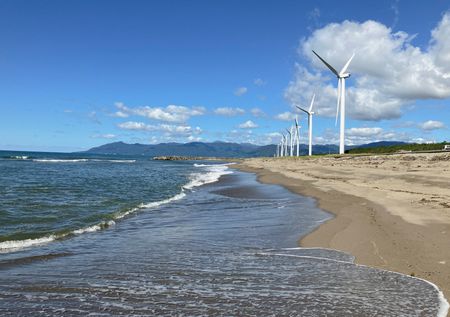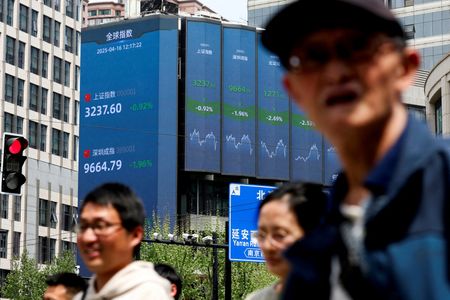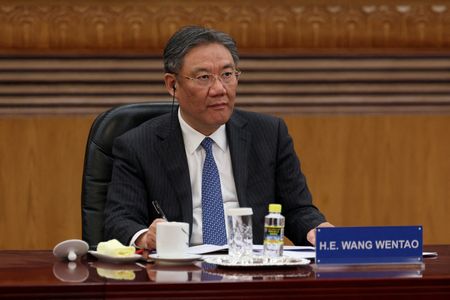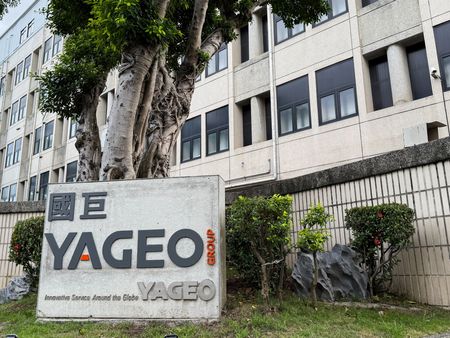By Yuka Obayashi and Katya Golubkova
TOKYO (Reuters) -Mitsubishi Corp said on Wednesday it would withdraw from three Japanese offshore wind power projects due to soaring costs, in a blow to the energy security goals of a country eager to reduce its dependence on imported fuel.
A Mitsubishi-led consortia won the first state auctions for the three wind farms in Chiba and Akita prefectures in 2021. The farms had projected capacity of 1.76 gigawatt (GW) and were set to start operations around 2028 to 2030.
In a statement on Wednesday, Mitsubishi said the business environment for offshore wind power has since significantly changed worldwide due to tighter supply chains, accelerating inflation and fluid interest rates.
“To adapt to these unexpected changes, we have been pursuing various options including reassessment of costs, project schedule, and revenue. However, after discussions among the partners, we have determined that establishing a viable business plan is not feasible given the current conditions,” it said.
Earlier this year, Mitsubishi logged a charge of 52.2 billion yen ($354 million) on the projects. On Wednesday, partner Chubu Electric Power said it expected a loss of around 17 billion yen this fiscal year due to the withdrawal.
Japan wants offshore wind farm capacity to reach 10 GW by 2030 and 45 GW by 2040, and has auctioned around a tenth of targeted capacity. Winners of other offshore auctions include RWE, Iberdrola and BP.
The Ministry of Economy, Trade and Industry (METI) did not immediately reply to a request for a comment on whether it would re-auction the three sites vacated by the Mitsubishi consortia.
METI has been discussing relaxing rules for developers to encourage the construction of a massive offshore wind farm sector against a global slump in which projects have been hit by soaring costs and delays.
Denmark’s Orsted decided to pull out of Japan last year under a global restructuring drive, and London-headquartered Shell recently shrank its team focused on Japan offshore wind as it scales back low-carbon operations.
“If the projects from consequent rounds are able to move forward, this should not be seen as an apocalyptic event for wind energy in Japan,” said Yuriy Humber, CEO of Tokyo-based consultancy Yuri Group.
“Mitsubishi bid aggressively (in the first round), but macro and other factors went against them. Now there is a rebalancing and, I believe, the sector will emerge stronger in Japan.”
($1 = 147.3300 yen)
(Reporting by Yuka Obayashi and Katya Golubkova; Additional reporting by Kantaro Komiya and Satoshi Sugiyama; Editing by Edwina Gibbs and Christopher Cushing)










